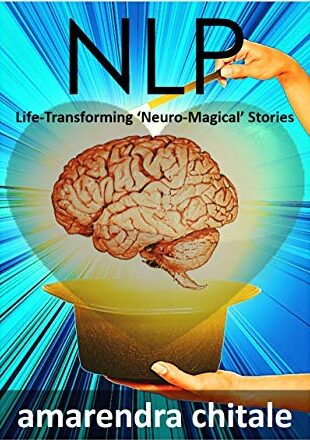
Have you ever found yourself lying awake at 3 AM, questioning the meaning of your life, your purpose, or whether anything you do truly matters? If so, you’ve encountered a moment of existential crisis—a profound and often unsettling confrontation with the big questions of existence.
What Is an Existential Crisis?
An existential crisis occurs when a person begins to question the very foundations of their life: identity, purpose, meaning, and even mortality. It’s not simply feeling sad or confused; it’s a deep emotional and philosophical experience that can shake your sense of self and the world around you.
This crisis can be triggered by:
- Major life changes (e.g., job loss, breakup, death of a loved one)
- Reaching a milestone age (like 30, 40, or 60)
- Confronting mortality (personal illness or witnessing death)
- A growing feeling of disconnection, boredom, or lack of fulfillment
Signs You May Be Going Through One
- Feeling Lost or Empty
Life may feel like it lacks direction or purpose. - Questioning Beliefs and Values
What once seemed certain—religion, career goals, relationships—now feels uncertain. - Increased Anxiety or Depression
The weight of “what’s the point?” can feel overwhelming. - Obsession with Meaning
You may find yourself constantly thinking about existence, death, and the nature of life. - Desire for Solitude or Escape
A retreat from routine, society, or responsibilities can feel like a coping mechanism.
Is It Normal?
Absolutely. In fact, philosophers from Søren Kierkegaard to Jean-Paul Sartre have argued that confronting existential doubt is part of the human condition. The problem isn’t the crisis itself, but how we respond to it.
How to Navigate an Existential Crisis
- Acknowledge It
Don’t push it away. Naming your feelings is the first step toward understanding them.
- Reflect—But Don’t Spiral
Journaling or talking with a therapist can help clarify your thoughts without letting them consume you.
- Reconnect with What Matters
Ask yourself: What makes me feel alive? What am I curious about? Passion and curiosity can be powerful anchors.
- Accept Uncertainty
Sometimes, there are no concrete answers. Learning to live with uncertainty is part of finding peace.
- Seek Support
Existential crises can feel isolating, but you’re not alone. Whether through friends, books, spiritual communities, or therapy, sharing your journey can be healing.
The Silver Lining: Growth
While uncomfortable, an existential crisis can be a powerful catalyst for personal growth. It forces you to question, evolve, and ultimately live with greater awareness and authenticity.
Final Thoughts
An existential crisis is not a sign that something is wrong with you—it’s often a sign that you’re waking up. Waking up to life’s impermanence, its ambiguity, and its immense potential. It’s okay not to have all the answers. Sometimes, just asking the right questions is enough.
As philosopher Albert Camus wrote,
“In the depth of winter, I finally learned that within me there lay an invincible summer.”









